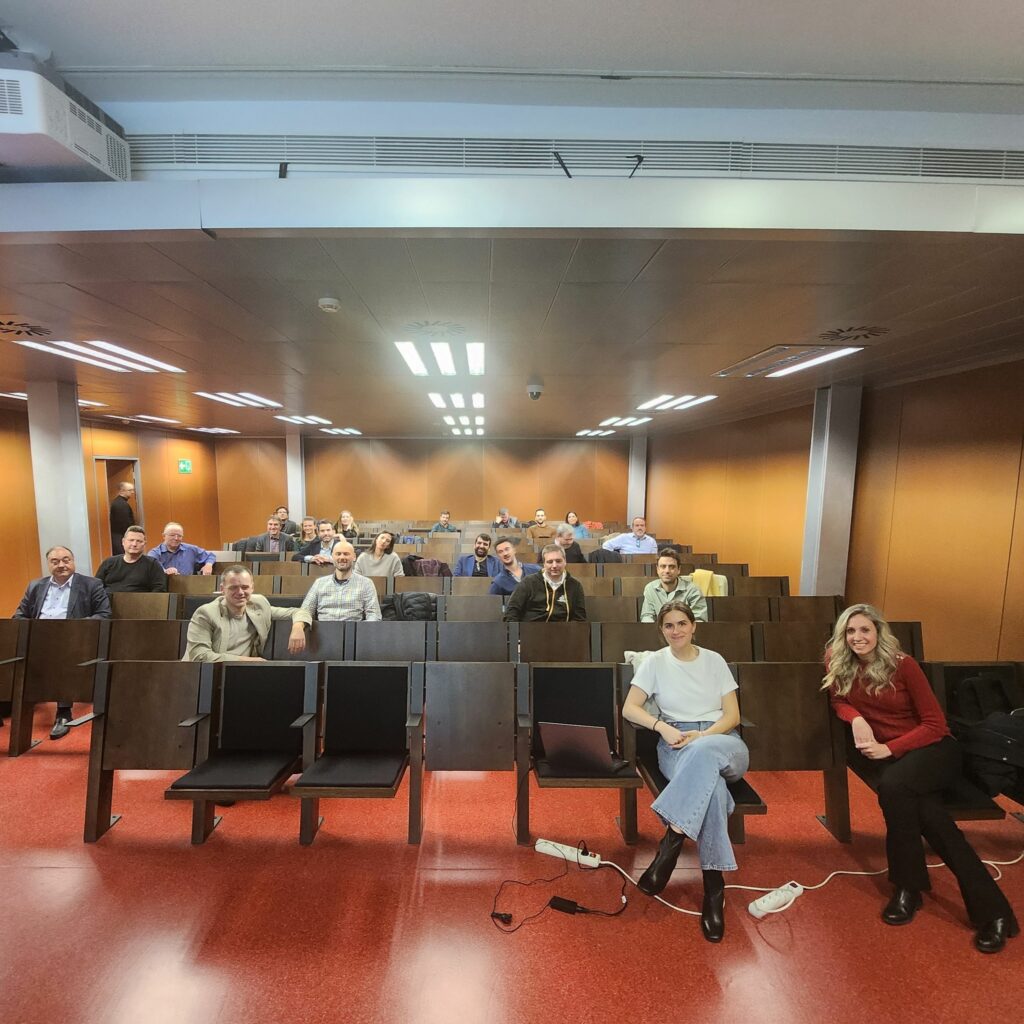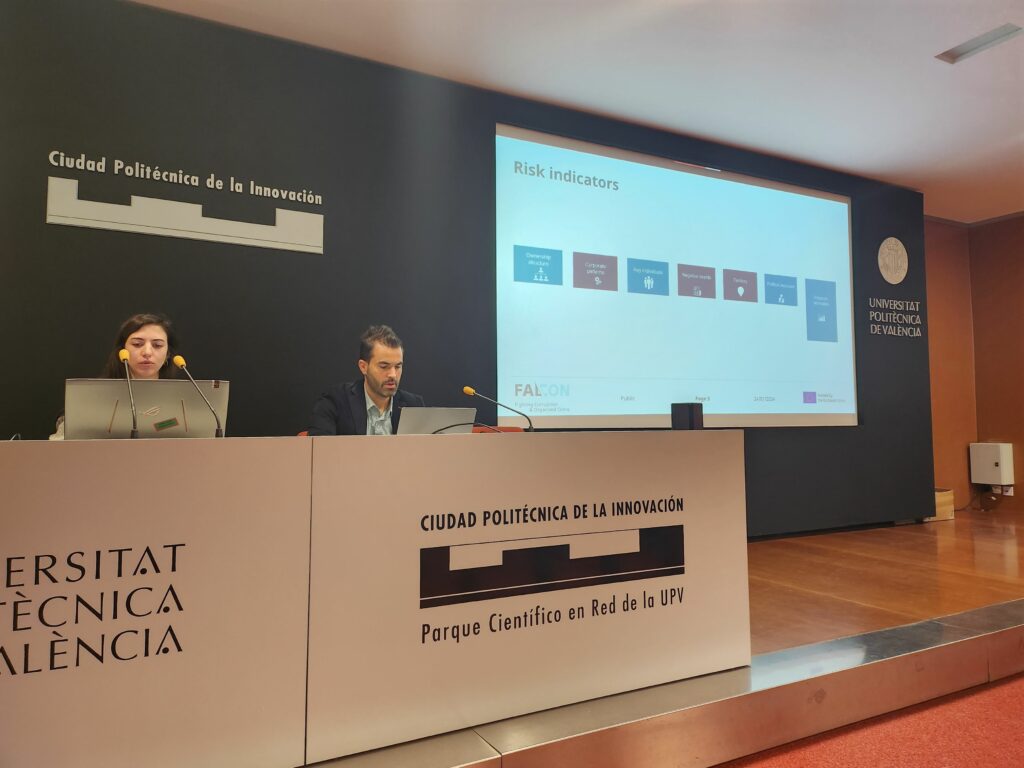Our 2nd FALCON Plenary Meeting took place on 23 and 24 January 2024 in Valencia (Spain) and was hosted by the Technical University of Valencia (Universitat Politècnica de València).


On the first day, the partners of all work packages updated each other about the actions carried out so far, the challenges they identified, and their next steps. Since the project started in September 2023, it has focused on mapping the landscape of corruption, i. e. producing comprehensive reports regarding corruption phenomena, specifically: facilitators, schemes and modi operandi, measures and indices, economic and societal impact, trends and international dimension, legislative measures, and policy landscape.
With these aspects in mind, our colleagues from work package (WP) 2 – under the lead of the Università Cattolica del Sacro Cuore, Italy; the Government Transparency Institute, Hungary, and the Basel Institute of Governance, Switzerland – have been conducting literature reviews and document analyses as well as collecting corruption cases and analysing their characteristics. They have also prepared and updated datasets for the validity testing of corruption indicators and cost estimations. One of the next steps will be interviews with experts and stakeholders.
Social scientists and technology experts synchronizing their take on corruption
Another important point in this first phase are the needs of our ‘end-users’, i. e. of law enforcement agencies fighting corruption. So, WP3 designed and conducted a survey on the end-user needs. Furthermore, the partners from WP4 already started evaluating data sources and how to make them available within FALCON.
The discussion at the end of day 1 highlighted some of the challenges FALCON is addressing and helped to bring together the different points of view of the disciplines collaborating in the project, notably social scientists and the “tech people”, and to get a common idea of what we are talking about when we are speaking about corruption indicators for example.
Detailed use case scenarios and FALCON dashboard requirements
The second day was dedicated to a closer look at the four use cases of FALCON:
- early detection of public corruption and procurement fraud,
- tracing of circumvention schemes and assets owned by ‘kleptocrats’/oligarchs,
- tracking and investigating corruption schemes at border control points, and
- tracing conflicts of interest and asset self-declarations of politically exposed persons.
During use case workshops in December and January, progress had already been made on the way to a detailed specification of scenarios, to identify data sets and indicators that might provide a lead for investigations.
Moreover, our end-user partners presented their requirements for the FALCON dashboard, elaborating particularly on the following aspects:
- their investigation process for public corruption and public procurement fraud,
- the data they are already using and data they would like to access for investigation,
- the challenges they face during the investigation, and
- their concrete requirements for the FALCON dashboard.
